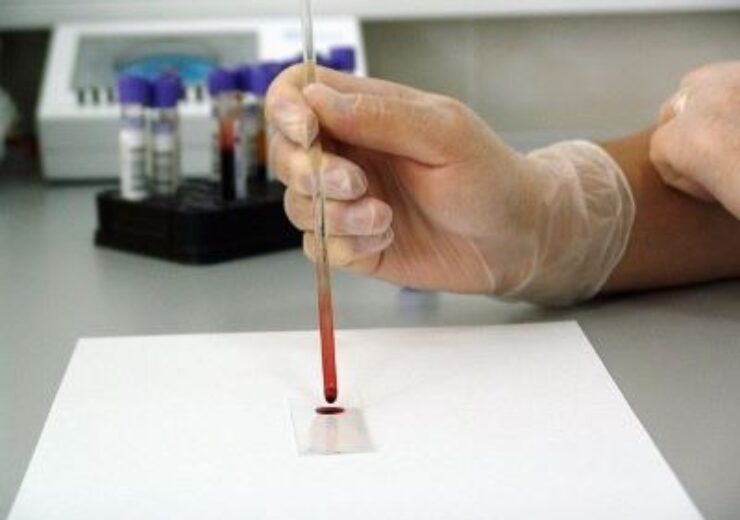Based on the detection of prostate adenocarcinoma specific circulating tumour cells (CTCs) in the blood, the test holds the capacity to identify individuals who are expected to harbour cancer in the prostate and is indicated for males aged between 55 years and 69 years with serum PSA of 3 ng/mL or higher

The test, which uses 5ml blood, is designated for males aged between 55 years and 69 years. (Credit: PublicDomainPictures from Pixabay)
Datar Cancer Genetics has secured breakthrough device designation from the US Food and Drug Administration (FDA) for its blood test to identify early-stage prostate cancer.
The test holds the capacity to detect individuals who are expected to harbour cancer in the prostate and helps in clinical decision making to identify the need to undergo a biopsy for confirmatory diagnosis.
According to the company, studies have demonstrated that the test can identify early-stage prostate cancer with high accuracy without any false positives.
Datar Cancer Genetics executive director Dr Vineet Datta said: “The breakthrough device designation is a recognition of the potential benefits of test in the clinical setting as it can help reduce the number of biopsies among individuals with benign conditions of the prostate and it can also improve detection rates among those who do have prostate cancer.
“With our proprietary CTC-enrichment and detection technology, there is virtually no risk of false positives among individuals who do not have prostate cancer.”
The test, which uses 5ml blood, is indicated for males aged between 55 years and 69 years with serum PSA of 3 ng/mL or higher.
In addition, Datar Cancer’s test is said to be based on the detection of prostate adenocarcinoma specific circulating tumour cells (CTCs) in the blood.
Earlier, the company secured CE mark approval for the test. It is now available as Trublood-Prostate test in the European Union region.
In November last year, the company also secured breakthrough device status from the US regulator for its blood-based test to detect early-stage breast cancer.
Using a proprietary technology developed by the company, the test detects CTCs specific to breast cancer.
